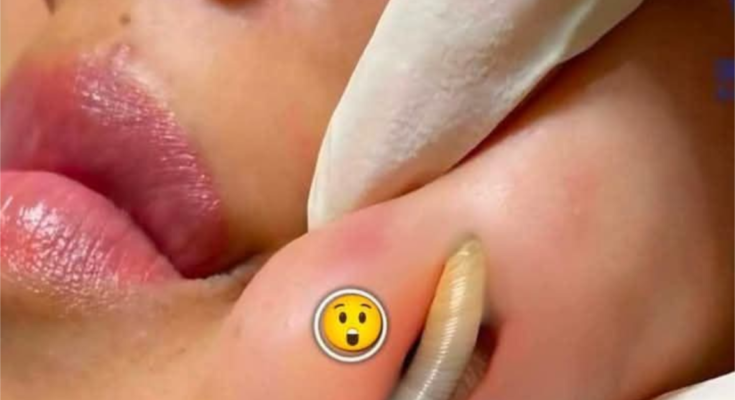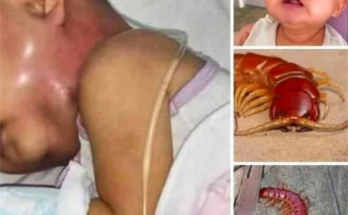If the following apply, go to your nearest Urgent Care Centre (UCC):
- The bruise is as a result of a serious fall or blow
- Your bruise is accompanied by a heavily bleeding wound
- The bruise is due to a head injury, which might have caused a concussion
- You have blood in your stool, urine, or eyes
- You have deep black bruises on your legs, which might indicate DVT
You should also visit your doctor if:
- You have frequent bruising that doesn’t go away
- Your bruising is accompanied by bleeding from your nose or gums
- You have bruises under your nails
- You have bruises in a recurring pattern across your body
- You regularly bruise for no reason
- Your bruise is showing signs of infection, like red streaks, or you have a fever
- You find the area painful to move even after a few days
Medical conditions that cause bruising
Haematoma
When a bruise doesn’t heal, grows in size, or feels firm to the touch, it could be a haematoma. A haematoma occurs when blood collects under the skin and forms a lump. The blood has nowhere to go and cannot be released, so it doesn’t heal. If you think you have a haematoma, see a doctor. They can drain the blood from the site to help it heal.
Liver disease
People who drink alcohol excessively may find they bruise a lot, but it’s not always down to tripping over while tipsy. Your liver plays a part in the clotting process, so if you drink heavily and you’ve damaged your liver, you might bruise more easily. A disease known as cirrhosis could be the cause, and it’s a serious illness that needs medical attention. If you drink a lot and you notice regular bruising, see your doctor.
Should I worry about a bruise or a cut?
Bruises are usually harmless. They’re common and often heal on their own without medical intervention. However, it’s important to seek medical attention if you notice your bruises are not healing, seem unusually frequent, or appear without any clear reason.
Sometimes, a bruise may come with a cut, which might require a closer look. Cuts, depending on their severity, can pose a risk of complications such as infection or significant bleeding.
If you experience a cut along with your bruise, visit the Urgent Care Centre (UCC) if:
- Your cut is deep and the bleeding does not stop
- You see exposed bone or tendon tissues in your wound
- You suspect a foreign body is left in the wound
- You develop an infection from the cut with symptoms such as fever, swelling, pain, or pus in the wound
- The cut is caused by an animal or rusty object
- You have been hit on the head or ear
- You feel dizzy, nauseous or faint
By understanding when to seek medcal help for bruises or cuts, you can prevent complications and focus on healing effectively.



